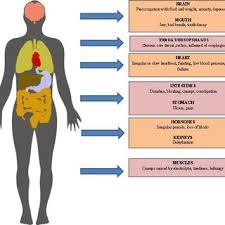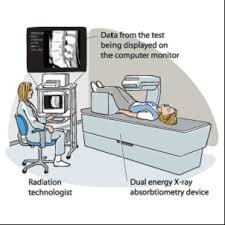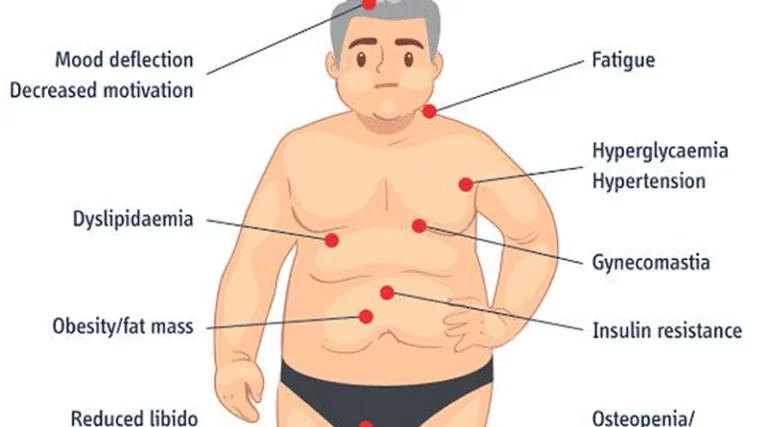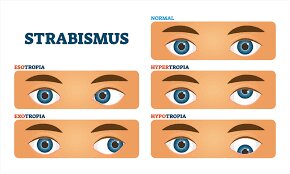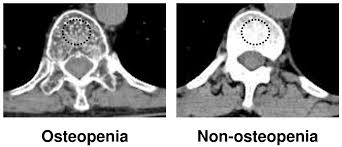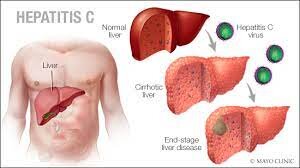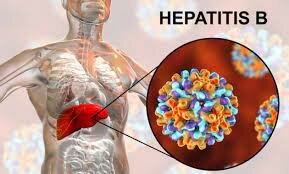Bulimia Nervosa
Definition Bulimia nervosa, usually called bulimia, is a serious, potentially life-threatening eating disorder. individuals with bulimia can secretly binge — eating greater amounts of food with a loss of control over the eating — and then purge, trying to get rid of the extra calories in an unhealthy way. Criteria for Bulimia Nervosa Types of…

